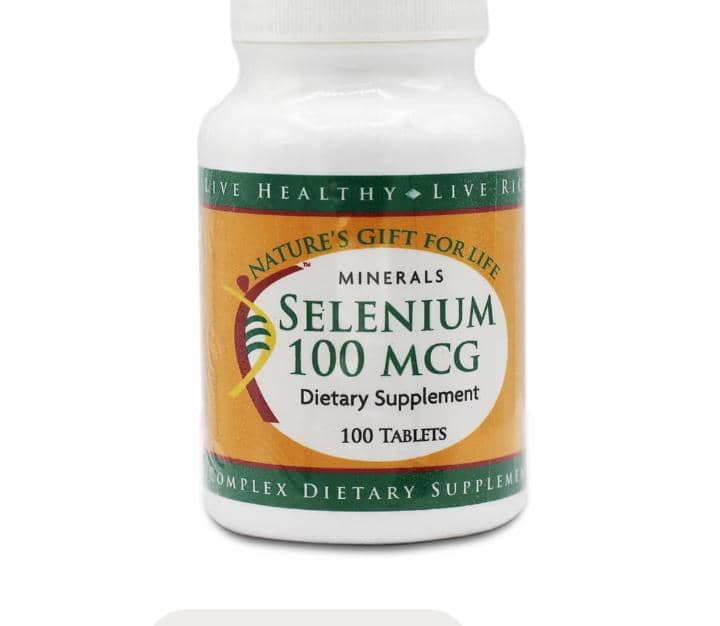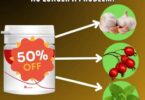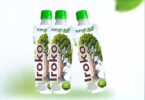Selenium Benefits:It takes the agony out of arthritis by reducing pain and stiffness. Selenium aces asthma. It inhibits chromosome damage, mutations and cancer and cuts the risk of developing cancers of the bladder, breast, colon, lungs, ovary, pancreas, rectum, skin and Minds mental health in seniors by increasing alertness decreasing anxiety and hostility.... CLICK TO READ THE FULL NEWS HERE▶▶
Prevents cataract by lowering free radicals
Keeps the heart and cardiovascular system healthy by lowering free radicals. Invigorates your immune system and supports your sex life
It can have a positive effect in preventing cellular deformation.
Selenium can have a positive effect on gastrointestinal disorders. It is an antioxidant that prevents rancidification (lipid peroxidation) of the cells and cell damage and which delays the pathological aging process. It prevents premature aging.
It prevents blood clots by inhibiting platelet aggregation. Efficient for Keshan Disease and arrhythmias. Selenium has antifungal, anti-dandruff effects.
It increases the effectiveness of the immune system and strengthens resistance to viral and bacterial infections. It counteracts adverse effects of heavy metals and other toxic substances in the body.

It has significant positive effects on mood, memory, anxiety and depression. Selenium increases sperm count and quality. Selenium benefits muscle atrophie or myopathies. It is important for the normal functioning of the thyroid gland. HIV / AIDS related malabsorption can deplete levels of many nutrients.
Selenium deficiency is commonly associated with HIV / AIDS, and has been associated with a high risk of death from this disease. In 1998 the National Cancer Institute demontrated that 200 mcg reduced the risk of developing prostate cancer by 50%
To Order Now WhatsApp 08139114576 Now Available Now On Pay Before Delivery
Selenium is a micronutrient/mineral, or what is more commonly referred to as a trace mineral. It is typically found in the soil, and is theoretically absorbed into a plant as it grows, which eventually benefits us as we eat these plants. It’s found in higher amounts in certain areas around the globe than others, but if the soils that vegatables are grown in are depleted, the plant will be depleted.
So that means that the amount found in foods can vary greatly. It is for the most part classified as an antioxidant and is equated in its action to vitamin E. Selenium is incorporated into proteins to make what are known as selenoproteins, which are part of antioxidant enzymes. This antioxidant property helps to prevent cellular damage caused by free radicals.
Free radicals are natural by-products of oxygen/food metabolism that can contribute heavily to the development of chronic diseases such as cancer and heart disease.
Full blown deficiencies of selenium are fairly rare in the United States, but they are seen in other third world countries like China, where the soil concentration of selenium is notably low.
What is prevalent and more typically found in our ‘modern society’ is what are known as ‘subclinical’ deficiencies. These are diseases where symptoms can be caused by low levels in the blood e.g. digestive disorders, but to date have not been directly linked to the deficit. There is also evidence that selenium deficiency does not usually cause illness by itself. Rather, it can make the body more susceptible to illnesses caused by other nutritional stresses.
To Order Now WhatsApp 08139114576 Available Now On Pay Before Delivery











